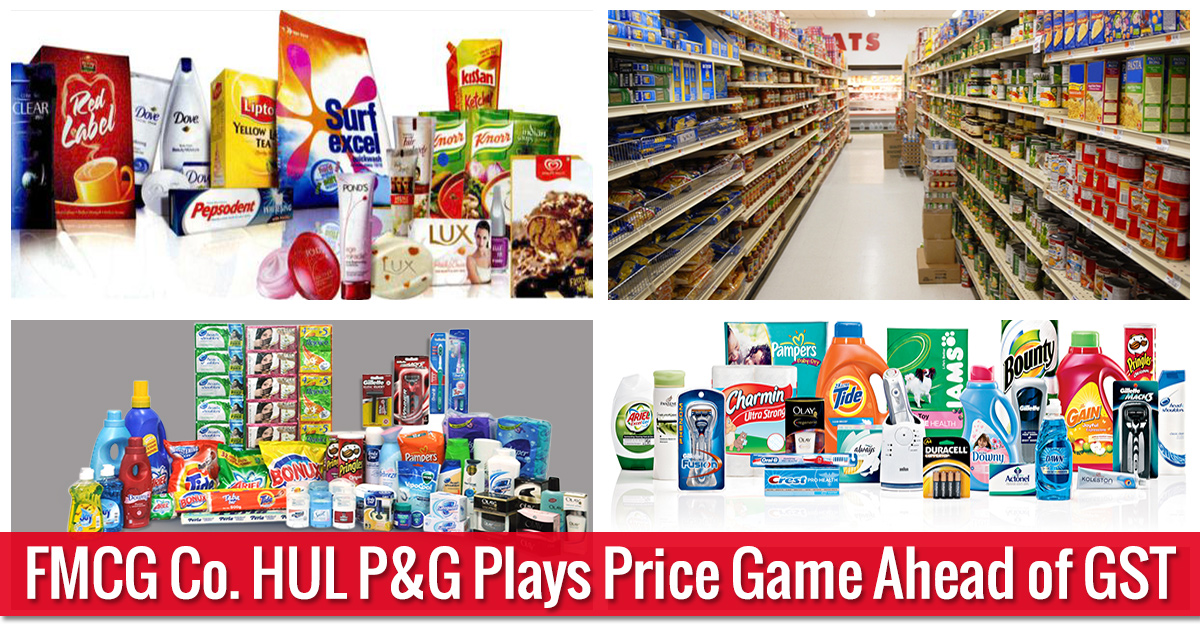
The country’s largest FMCG outlet Hindustan Unilever Limited has taken the price of normal day to day usage items to a hike just in case to cover the marginal profits which may strike after the upcoming taxation regime. This philosophy would be detrimental towards the consumers while the economy would also get some hiccups in the due course. The increased cost has nothing to do with the input cost or market demands, but it just a strategy to counter the tax rate change scenario.
This unhealthy practice will make suffer countless general people on the verge of transition to their economic state. Hindustan UnileverBSE (HUL) and Procter & Gamble (P&G), are two main giants in the field of consumer goods which are playing very stealthy in direction of marginal profits as the Procter & Gamble (P&G) has taken an unjustified turn towards hiking the price in order to capture the same amount of marginal profits, also to make some relaxation in the future price cut once GST comes into actualization which will also bring the anti-profiteering clause along with it.
A reliable source from the industry has given enough information to ascertain the facts about the steps taken by these two corporations, it said that “HUL has taken the view that tax rates on some of its product categories may come down after GST. This would mean that the margins may go up, due to which HUL has increased its production, P&G is, however, down-stocking its products with retailers, and has even reduced the manufacturing of some of its products.”
Both the companies are diligently making efforts for getting benefits from this new tax regime and not considering about the general public at all. Hindustan Unilever (HUL) and Procter & Gamble (P&G) both are making steep turns towards self-centered approach with no intention to give relief to its customers. There are main three cases which are adopted as strategies by the corporation in order to tackle the market with any uncertainty approaching. These tactics help the companies to combat the situation which lies ahead or comes without notification. Which includes:
Up stockings – The technique is used by the companies in the case of lower tax expectation. The companies manufacture the products in bulk and push the material to wholesalers and retailers in order to fetch more and more price in the mean time.
Down stocking – Vice versa, the down stocking is an another approach by the company in the case of high tax rate implication. The tax rate might kill the profits in which the company may face profits and margin clash, and to avoid the situation, the down stocking approach is feasible to the ground.
Price hiking – This is the most preferred route to combat the situation and uncertainty of marginal profits. Whenever the chances overdose the case of price fall or tax reduction, the companies arrogantly hikes the prices regardless of input cost or market demands.
Source: Navbharattimes.indiatimes.com









